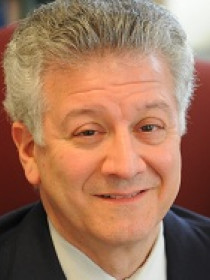
Sheldon Danziger
Connect with Sheldon
About Sheldon
Danziger’s research focuses on social welfare policies and on the effects of economic, demographic, and public policy changes on trends in poverty and inequality. His work includes studies of how the 1996 welfare reform affected the work effort, family income, and material wellbeing of single mothers and of the impact of poverty on children and youth. He is currently studying the effects of the Great Recession and the American Recovery and Reinvestment Act of 2009 on workers and families. Danziger also directs the Research and Training Program on Poverty and Public Policy at the University of Michigan, a training and mentorship program for developing the careers of emerging scholars from underrepresented groups. He is a member of the American Academy of Arts and Sciences, a John Kenneth Galbraith fellow of the American Academy of Political and Social Sciences, and was the recipient of a John Simon Guggenheim Foundation Fellowship. He has also been a visiting scholar at the Russell Sage Foundation and at the Rockefeller Foundation’s Bellagio Conference Center.